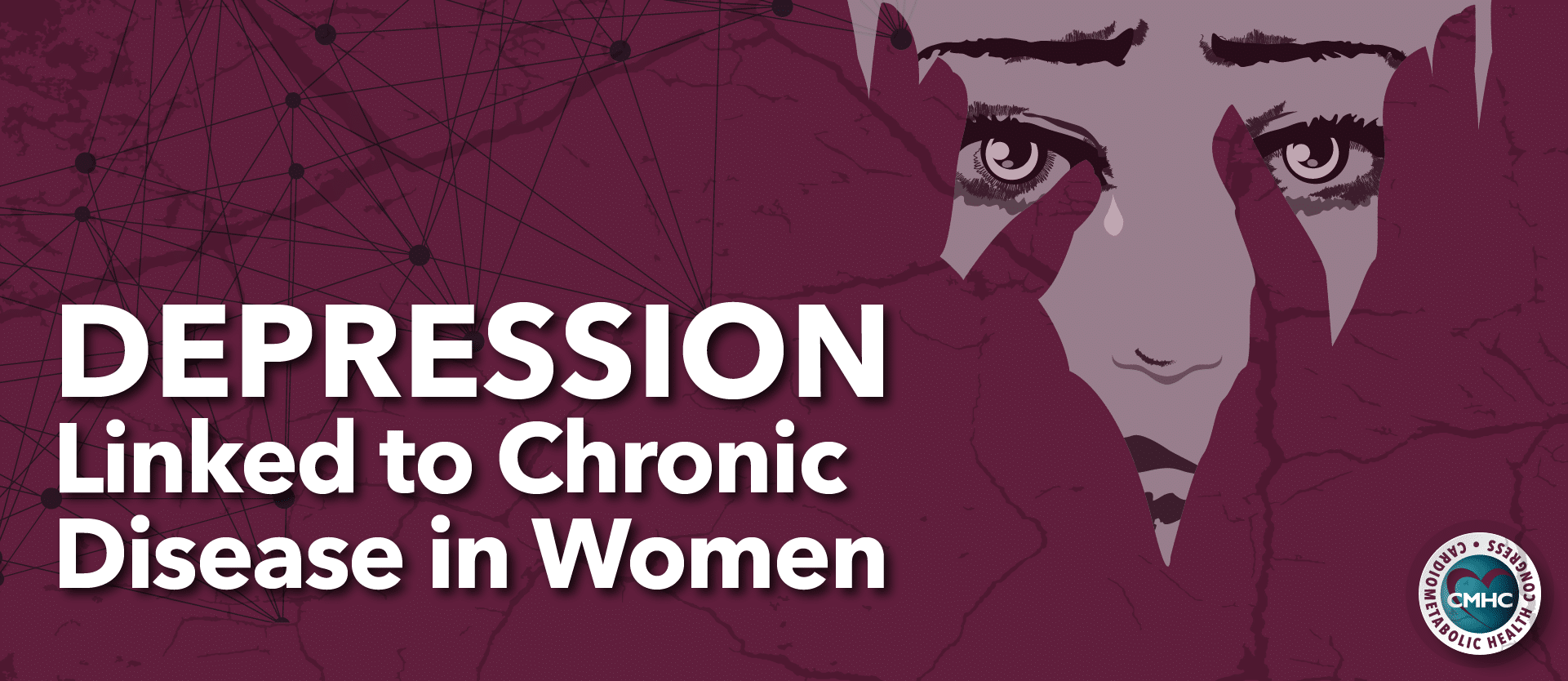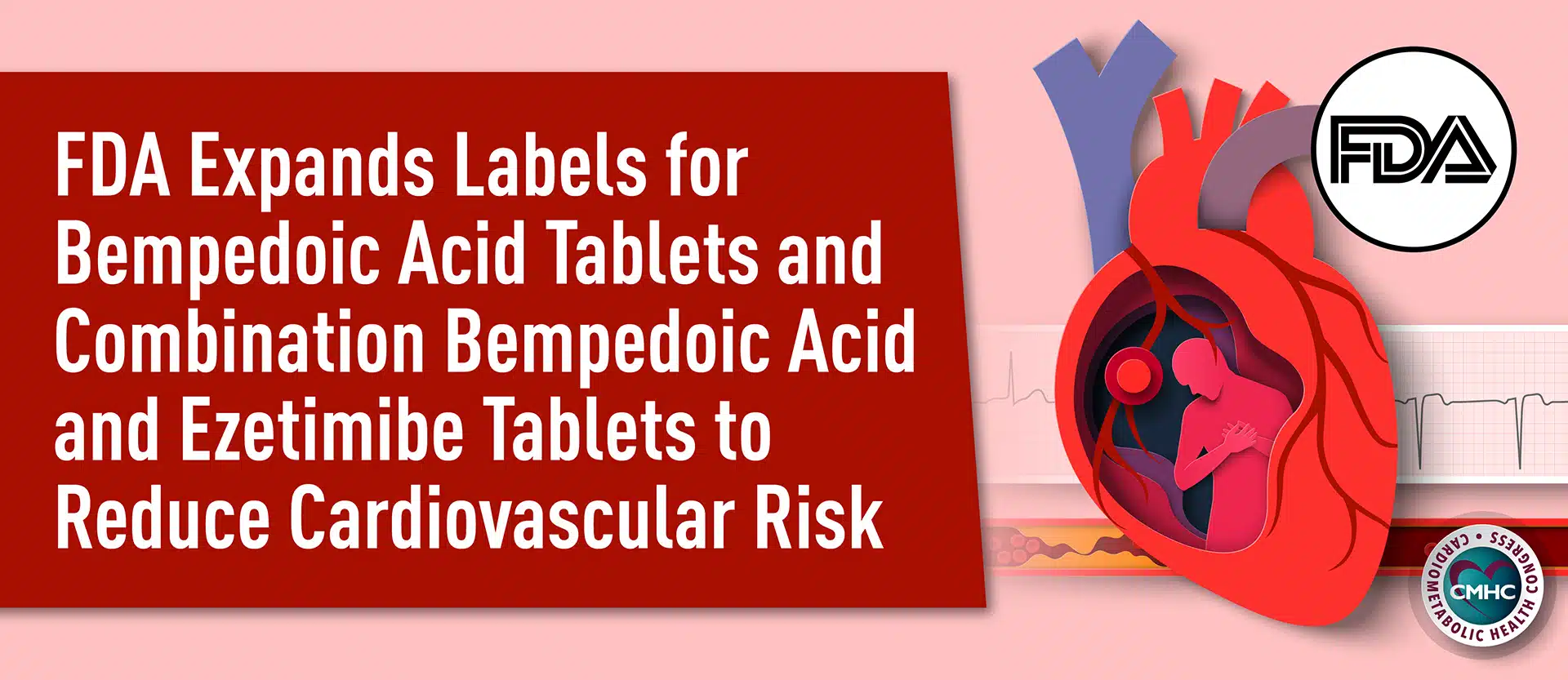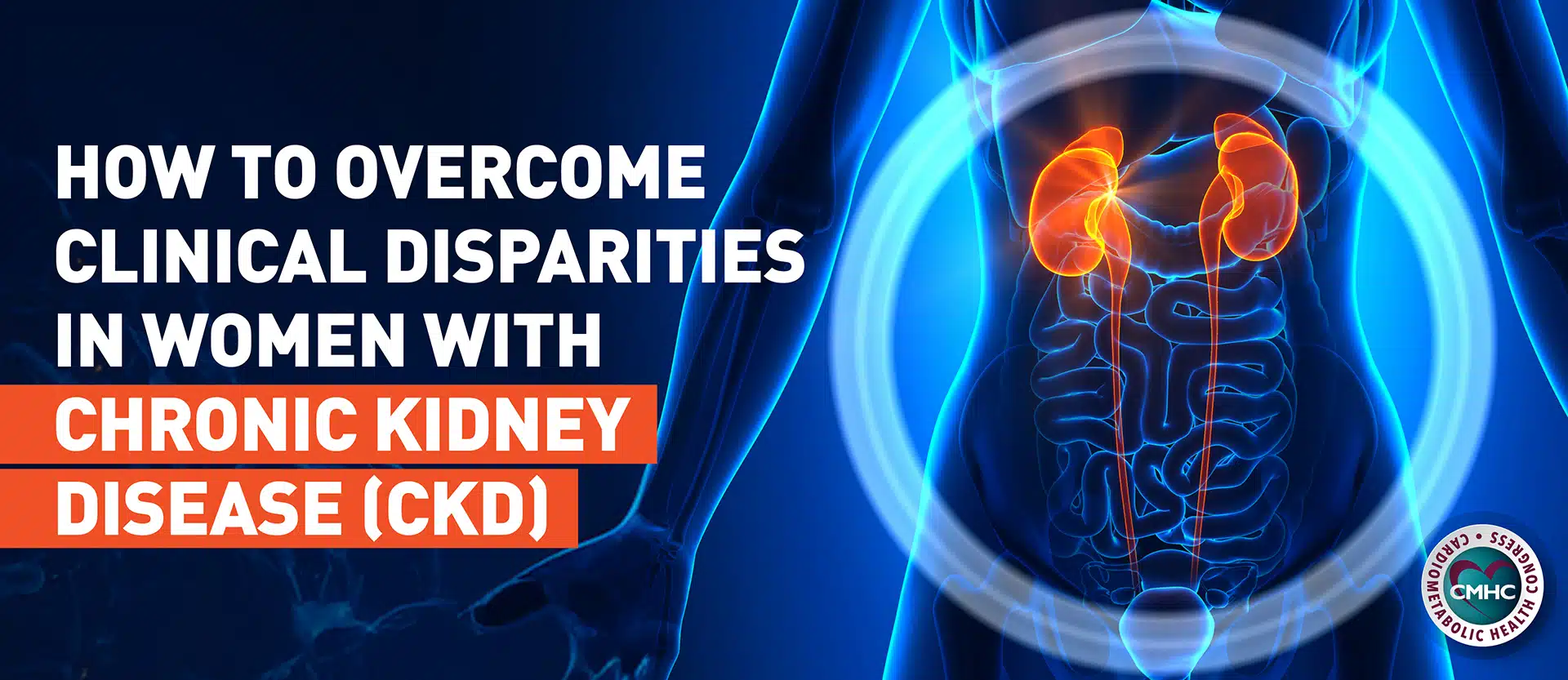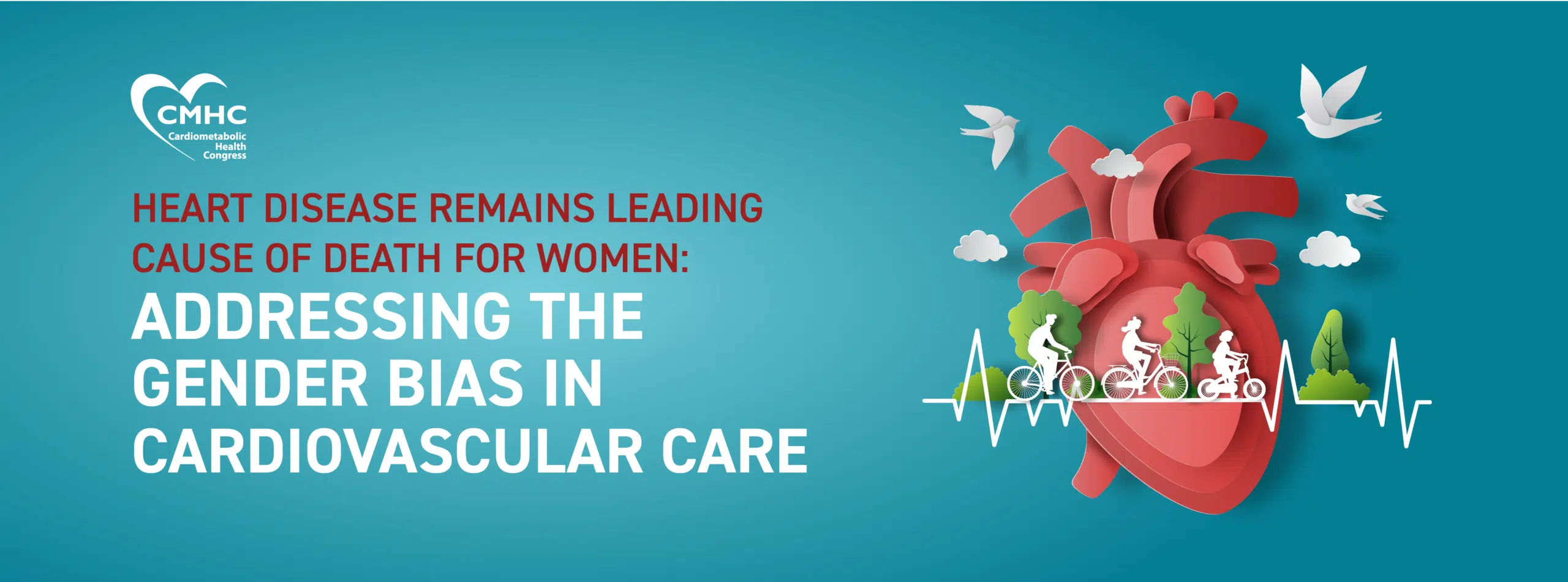Recent statistics reveal the jarring prevalence of depression among U.S. adults with an estimated 17.3 million affected American adults, or over 7% of the population. Although depression is a serious condition on its own, a growing body of research suggests it has a connection to a host of cardiometabolic conditions. While the comorbidity of depression and cardiovascular disease has been long known, the underlying mechanisms behind the connection are under investigation. Forthcoming studies implicate that not only heart disease can stem from depressive symptoms, but cancer, diabetes, and other cardiometabolic conditions have also been linked to mental illness.
Women are disproportionately affected by major depressive episodes, 8.7% compared to 5.3% of adult males, and thus are at an increased risk for multiple chronic diseases. A new study published in the journal of Health Psychology evaluated the connection between depressive symptoms and the development of comorbid conditions in women, who are at a higher risk for depression in mid-life. Study findings revealed that depression increased the risk of chronic disease such as cancer, diabetes, and cardiovascular disease.
Depression Linked to Multiple Chronic Diseases in Women
Researchers at the University of Queensland in Australia analyzed over 20 years of data obtained from the Longitudinal Study on Women’s Health, which tracked health outcomes for middle-aged women nationwide. The study examined over 7,000 women aged between 45 and 50, who were free from diagnosed depression or chronic disease at baseline. Data was updated every 3 years for a total of 20 years, with depressive symptoms assessed via the Center for Epidemiological Studies-Depression scale.
Over 20 years of follow-up, 43.2% of participants had elevated depressive symptoms and 63.6% of those had developed a comorbid chronic condition. Compared with the non-depressed cohort, the depressed cohort was 1.81 times more likely to develop comorbidity before the onset of elevated depressive symptoms. After the onset of depressive symptoms, women were 2.4 times more likely to suffer from comorbidity.
Common in middle-aged women, elevated depressive symptoms increased the odds of comorbidity of depression and chronic disease both before and after onset, researchers concluded. Study findings encourage improved psychological treatment of depressed patients in order to prevent long-term physical complications.
Role of Inflammation
The underlying mechanism allowing for this comorbidity remains under examination however, forthcoming research suggests that inflammation may play a significant role.
Author of the study, Dr. Xu, reported increased levels of inflammation – which may result from psychological and physical stress – in women who exhibited depressive symptoms.
Researchers from the University of Cambridge recently found evidence of two cardiovascular disease biomarkers which were also indicative of depression and inflammation. Using data from 370,000 middle-aged UK participants, study authors examined possible genetic explanations for heart disease and depression.
Alongside family history of heart disease, two biomarkers of cardiovascular disease were identified as significant risk factors due to their connection to depression. Higher levels of triglycerides and proteins IL-6 and CRP found in patients were indicative of inflammation and have been previously found in treatment-resistant depressed patients. Researchers remain unsure about the role of triglycerides in depression however, the identification of these biomarkers may help improve treatment methods in the future.
Treating Depression and Preventing Chronic Disease
A growing body of research identifies depression as a serious risk factor for the development of chronic cardiometabolic conditions, disproportionately affecting women. These findings implicate the need for robust, more accessible prevention and treatment strategies aimed at middle-aged women, as well as the general population, to optimize health outcomes. Healthcare professionals should be aware of the link between clinical and sub-clinical depression and chronic disease.
Currently, the National Institute of Mental Health estimates 35% of adults with major depressive episodes do not receive treatment and thus, could be facing major long-term health complications. With raised awareness of the connection between depression and chronic disease and the development of accessible treatment opportunities, depressed individuals may be more likely to seek help. Meanwhile, healthcare professionals should provide patients who report depressive symptoms with comprehensive support and routine screening to promote early detection of chronic conditions.


















